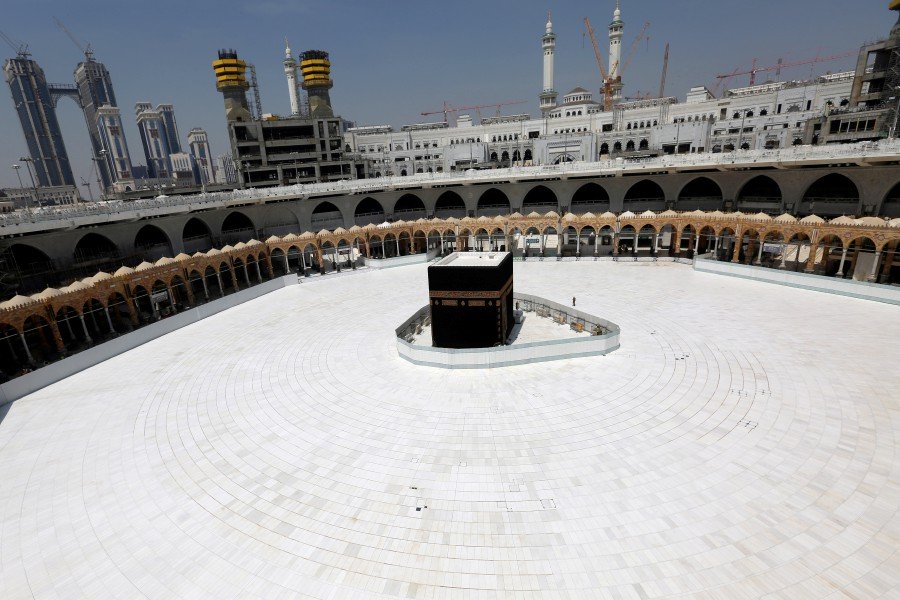
With the World Health Organisation declaring Coronavirus a pandemic, the fear of catching the disease has only increased. Understandably so considering the figures of those with the virus rising in the hundreds daily. Countries who have been hit hardest from the outbreak include Italy, South Korea and Iran
But what is Coronavirus and how did it emerge?
Coronaviruses are a family of viruses that cause illness in animals. However, several from this family have made their way to humans; COVID-19 being the most prominent one, resulting in numerous deaths. Coronavirus, often referred to as COVID-19 is a new illness that can attack the lungs and airways of any individual who comes into contact with the virus. Its presence is classed as extremely dangerous as the current death rate has been estimated at around 3.4% depending on the location of the patient.
While there is a strong consensus amongst social media users that the outbreak originated from the human consumption of bats, the factual origins of this virus actually emerges from the “wet market” in Wuhan, where both live and dead animals including fish and birds were sold to consumers.
The status of Saudi Arabia and Coronavirus
It is reported that Saudi Arabia has an estimated 24 new cases, taking the total to 86. Following this, viral images surfaced of Masjid Al-Haram, situated in the Saudi Arabia city of Makkah, once stacked with people completing their Umrah and performing tawaf now deserted.
Saudi Arabia has suspended all flights to and from EU countries as well as Switzerland, India, Pakistan, Sri Lanka, the Philippines, Sudan, Ethiopia, South Sudan, Eritrea, Kenya, Djibouti, and Somalia. However, it is important to note that these suspensions are only temporary until the country has ensured that all traces of the virus is eradicated so that potential travellers will have the chance to visit the holy city and complete their pilgrimages once again.
While it is understandable to feel saddened by the viral images of an empty Makkah, Muslims around the world should take comfort in knowing that Saudi Arabia is working tirelessly to ensure the running of the Kingdom once again. The Presidency of the two Holy Mosques has been sterilising every corner of each mosque between Isha and Fajr prayers to limit the spread of the disease and ensure the safety of all individuals.
The Mataaf is washed and sterilised seven times a day by 140 employees, three times of which are completed between the time of Isha and Fajr prayers. The process begins immediately after Isha prayer and is then regularly performed throughout the day. The procedure of cleaning the mosques begins by cleansing and sterilising the mats laid out for prayer, moving then onto the entrances and floors of the Mataaf with the same exercise.
The future of Makkah and Madinah
Whilst travel to either city is not possible right now, future pilgrims should not be disheartened. As mentioned above, Saudi Arabia is working inexhaustibly to ensure the state is up and running again, safe for all visitors.
It is worthwhile to remember that this is not the first time a worldwide scare has rocked the Kingdom. The Middle East Respiratory Syndrome (MERS) posed great threats to the Holy Cities between the years 2012 and 2013. However, despite the risk this outbreak produced, Saudi Arabia combated the virus and continued to ensure the safety of all pilgrims.
Therefore, whilst the containment and eventual eradication of COVID-19 may seem near to impossible right now, all hope should not be lost as it is evident that Saudi Arabia are working extremely hard to guarantee the running of the country once more.




 ATOL Protected
ATOL Protected














